After four years the citizens of Slovakia can elect mayors and councillors to represent their interests in town and village councils. The municipal election will be held this Saturday, from 7:00 until 22:00. Based on their permanent address, voters can cast ballots in 6,021 precincts across Slovakia. The results will be gradually issued after the polling stations are closed and votes are counted. The final results are expected on Sunday.
About 4.45 million people can cast ballots. Contrary to a parliamentary election, state citizenship is not a requirement to participate in the municipal election: all permanent residents older than 18, including foreigners, have the right to vote in municipal elections. So also foreigners with permanent residence in Slovakia can cast ballots.
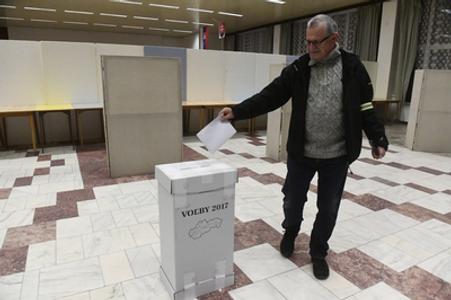
There were 114,092 foreigners officially registered as living in Slovakia at the end of September, Anca Dragu, a journalist with Radio Slovakia International, found out. About 67,768 of them can take part in the election, according to data from the Foreigners’ Police, with an estimated quarter of this number doing so in Bratislava.
Last election, in November 2014, there were around 4.4 million eligible voters, including 61,500 foreigners in Slovakia.
How to elect
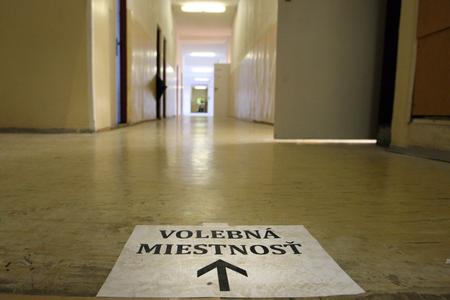
Voters do not need to register to participate in the election. The town or village where they have permanent residence is responsible for enrolling people in the list of voters. If they are not on the list when they turn up to vote, the district electoral committee will write their name down after identifying them with either an Identification Card (občiansky preukaz) or with the Foreigner Resident Card in the case of foreigners.
Contrary to parliamentary or local elections, voters can only vote at the polling station in the town of their permanent residence. The location of their respective polling station should be announced to voters in a letter from their municipal office, received at their permanent address no later than 25 days before election day. If not, they will find the address of their polling station on the website or the official information table of the municipality.
In the election, the voters will elect the mayor of the municipality in which they live and the councillors of the local municipal office. The only exceptions are Bratislava and Košice, in which voters will choose the mayors of the city’s boroughs and boroughs’ councils.
Bratislava will witness a narrow contest
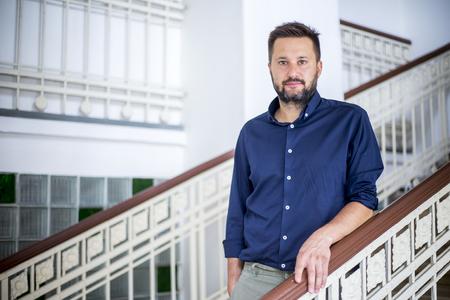
The most closely monitored municipal election will be in Bratislava. In the Slovak capital, as many as 10 candidates, nine men and one woman, are running for the mayoral post. Based on public opinions pools, incumbent mayor Ivo Nesrovnal, architect and civic activist Matúš Vallo, media manager Václav Mika and the current mayor of Bratislava’s borough of Vajnory, Ján Mrva, will be those who will actually fight for the post.
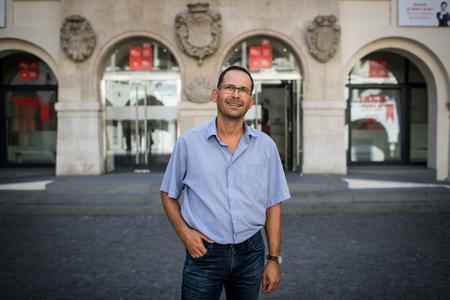
The Slovak Spectator has interviewed all of them on the problems Bratislava is suffering, as well as the solutions they propose.
The other candidates are: current deputy mayor Iveta Plšeková, organiser of the Bratislava Coronation Days Miroslav Vetrík, politician Viktor Béreš, lawyer Jaroslav Brada, Andrej Trnovec and lawyer Roman Ruhig.
Nesrovnal and Mika are running as independent candidates, while Vallo is supported by two opposition political parties – Spolu and Progresívne Slovensko. Mrva, while he is not a member of any political party, is running as a candidate of the opposition parties OĽaNO, SaS, Sme rodina, KDH, OKS, Nova and Zmena zdola.
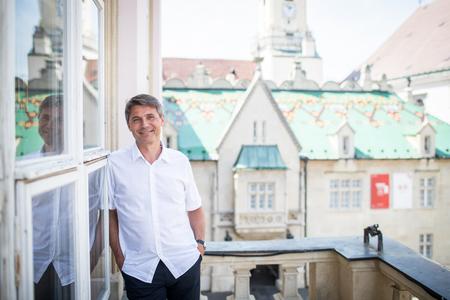
The strongest political party, Robert Fico’s Smer, has not submitted any official mayoral candidate for Bratislava. The party only indirectly supported Nesrovnal, when Fico said that the cooperation between the cabinet and Mayor Nesrovnal is working and thus makes no sense to change the mayor. Nesrovnal has responded that he is not a Smer candidate, reiterating that he is running as an independent candidate.
Apart from the Bratislava mayor, the voters will elect 45 city councillors. They can choose from 284 candidates. But they will be able to decide only about the future councillors who will represent their borough in the city council. For example, Petržalka will have 10 councillors in the 45-member body.
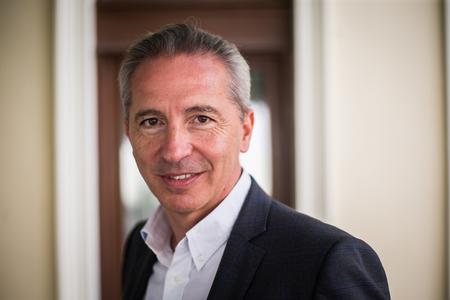
Bratislavans will also elect the next mayors of 17 boroughs. 70 candidates are running for these posts, while most of them – 38 – are running as independent. In terms of the boroughs’ municipal councils, 846 candidates will compete for 272 mandates.



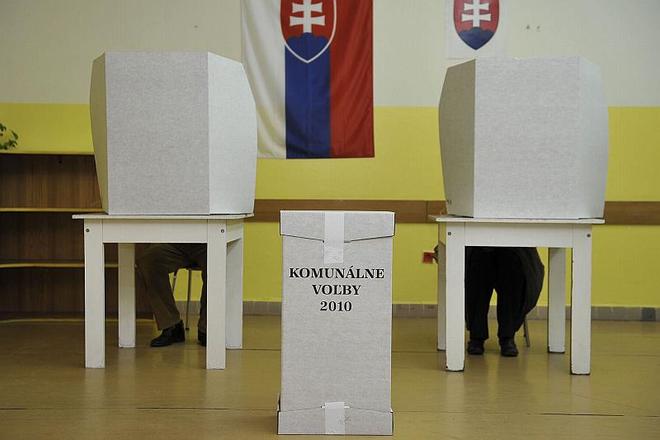 (source: TASR)
(source: TASR)